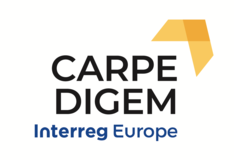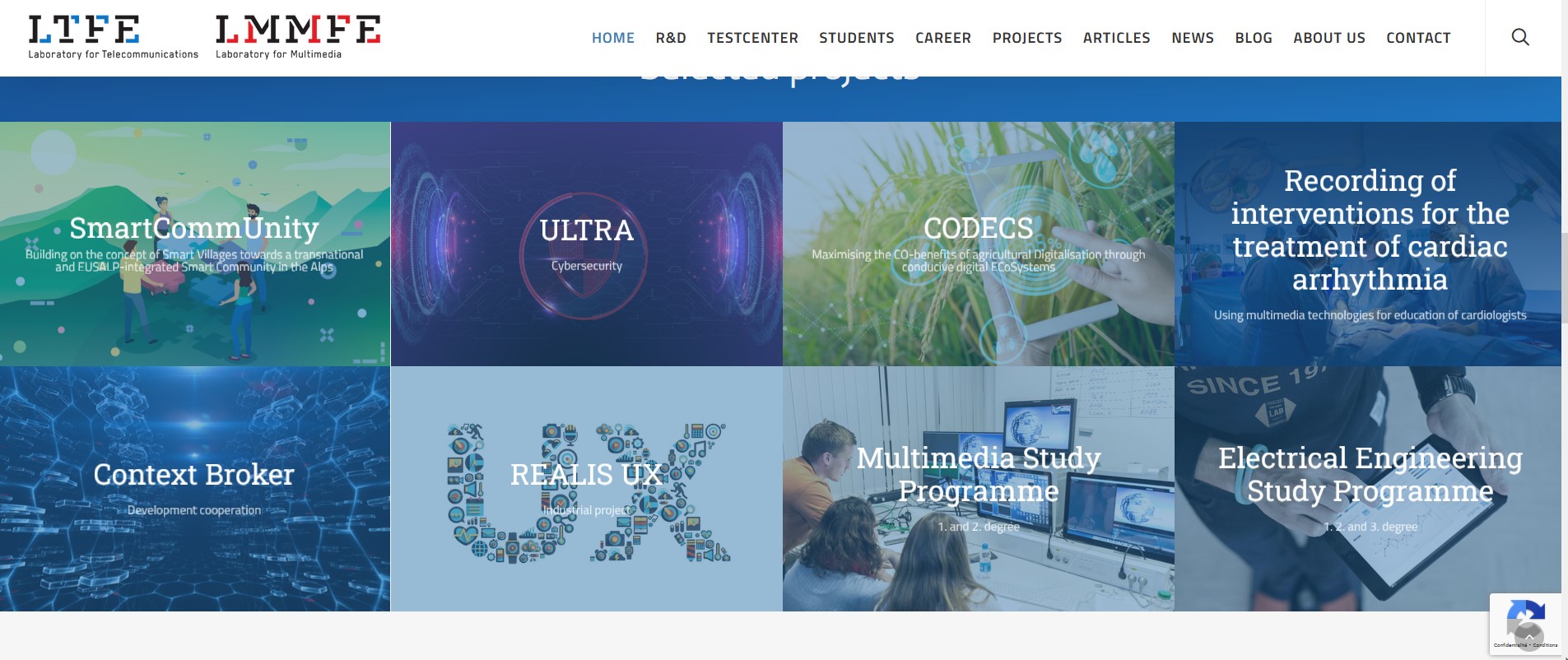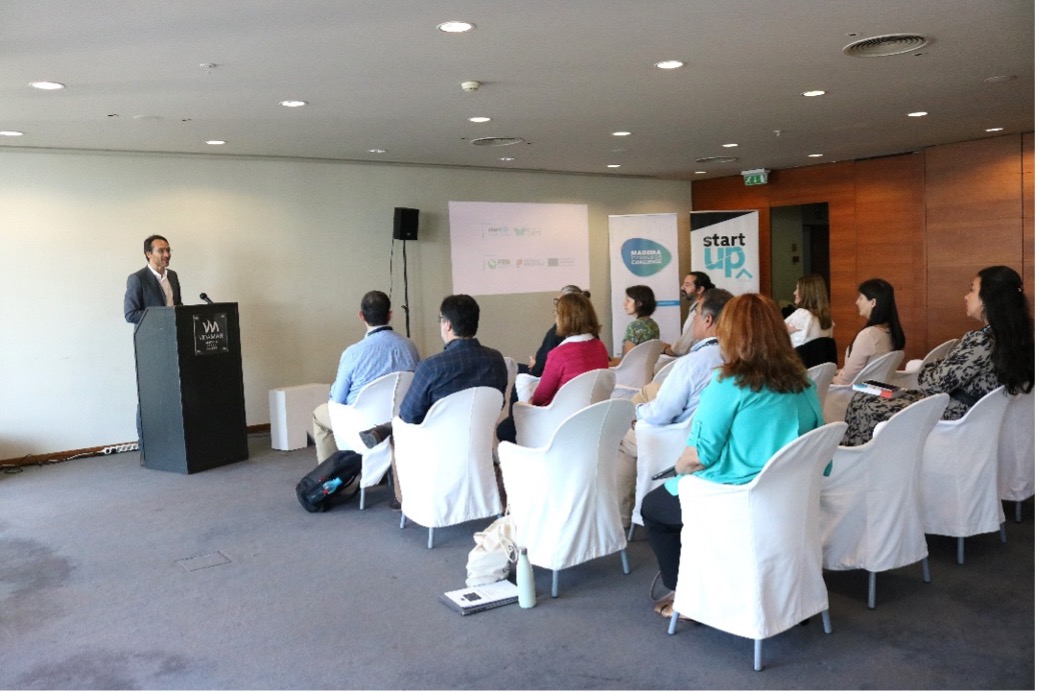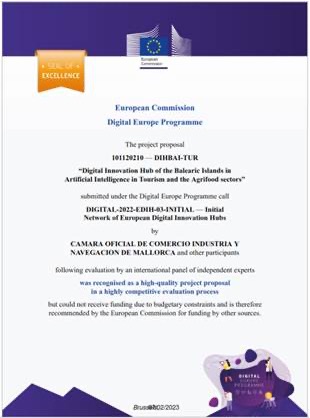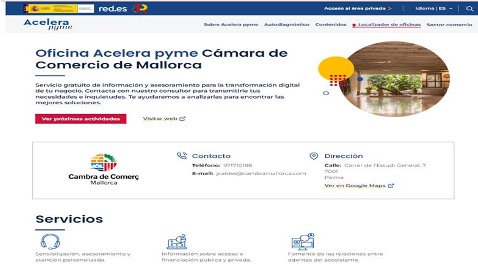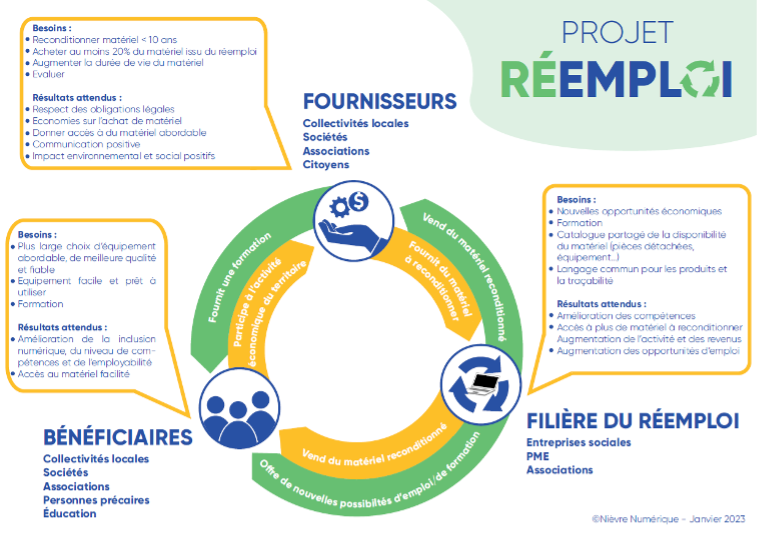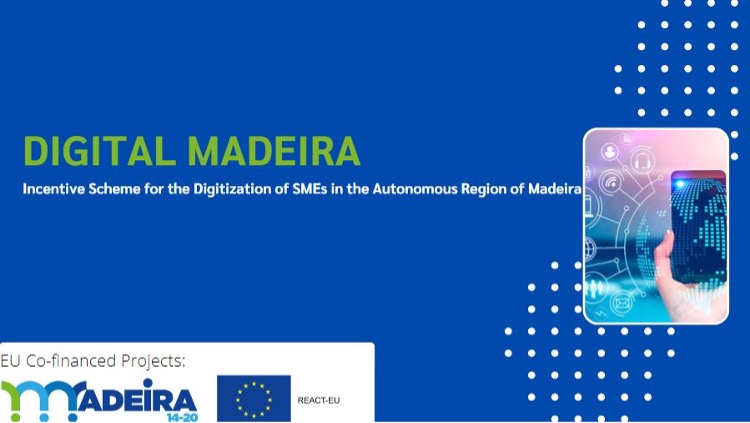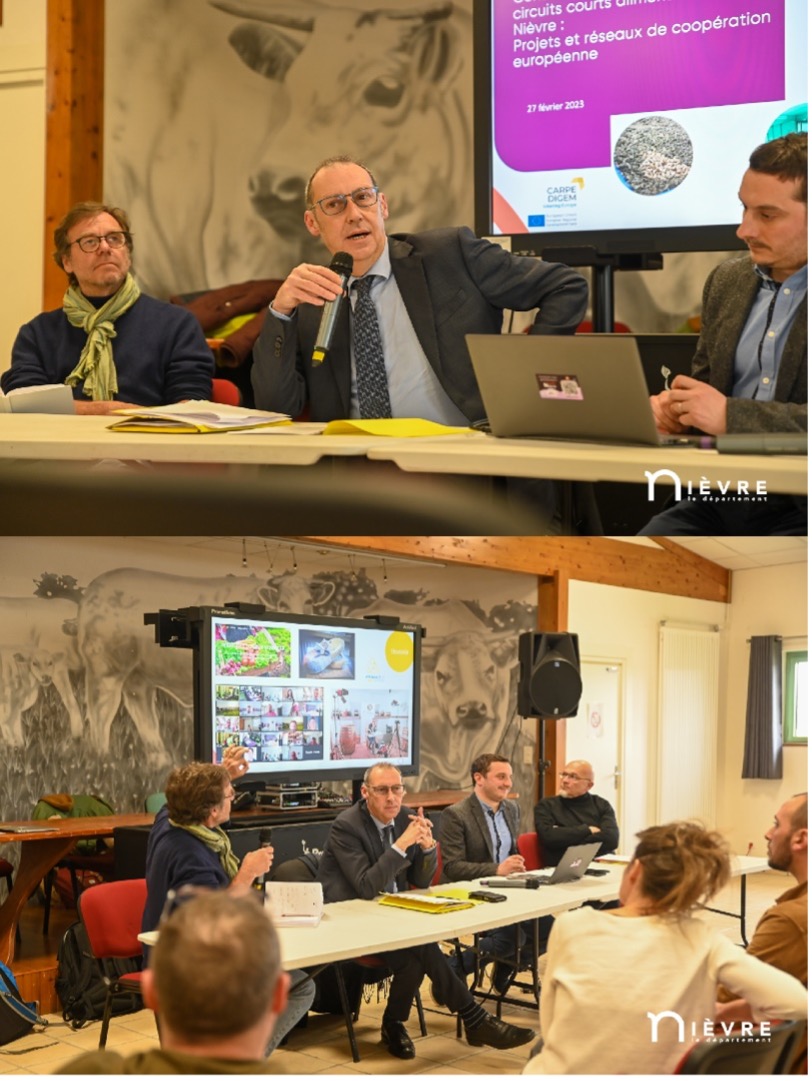Any industry in Europe, no matter of size or sector can fully benefit from digital innovations. It can upgrade its products, improve its processes and adapt its business models to the digital change. The "Digitizing European Industry" Communication best describes and ensures the regional development issue.
The rural and emerging regions "lack the density of businesses and business networks" while having endogenous resources that can be mobilized for development. They are also often neglected. This is because the combination of assets is of crucial importance to reach the critical mass to sustain more competitive and prosperous development trajectories. "Smart Specialization and Innovation in Rural Areas" 2014 Technical Report by the European Commission's Joint Research Centre describes the problem.
The issue with peripheral and emerging regions is:
- to reach this "critical mass";
- how sustainable innovation ecosystems in and between peripheral and Emerging regions are built and are not just gateways to services based;
- how can such regions develop digital hubs, competence centers and mediation, brokerage or coaching services;
- to ensure universal access to a Digital Innovation Hub at a working distance;
- to ensure sectoral as well as value-adding cross-sectoral services;
- to ensure fill missing competences;
- to ensure collaboratively develop new services and tools using inclusive, multi-stakeholder co-design methods that maximize long term socio-economic gain.
CARPE DIGEM will examine how the partners in close collaboration with regional stakeholders and public administrators can cooperate. Better understanding and raising awareness about the crucial characteristics of digital transformation are the leading points.
The project will explore the innovation attitudes, new skills, security, and integrity, in all sectors. It will also include the areas of everyday lives such as education, health, and retail.
CARPE DIGEM will develop and predict new competencies for the future. This is to ensure they are not playing continual catch-up but collectively are active participation in the ever-evolving Digital Innovation Eco-system. As a result, we expect establishment and anchor the industry-research-government-civil society connection.
The issue is within the key context of "collaboratively develop new services and tools". It is also focused on "the human capacity building angle". As with high-speed broadband, the issue is on how to use the built networks to create added value when traditional business models do not work.
CARPE DIGEM will examine how digital mediators, brokers, and coaches can better operate. They can leverage access to and connectivity with wider European and global digital innovation ecosystems and markets. Will explore how can the territorial needs be met within the wider European networks because the critical mass is widespread and unevenly located. Also will enable in particular rural youth, women entrepreneurs and the socially and economically excluded to fully benefit from and contribute to digital innovation.
The enhancement and networking of the "hard and soft" resources necessary for effective Digital Innovation Eco-systems are at the core of the project.
The project will examine how the peripheral ‘DIGEMs' mobilize local assets, competences, skills, and resources. Also, how they cooperate with regions facing similar challenges to meet and deliver common goals. That can be common resources, strategies, and skills to ensure an inclusive open, fair, dynamic and sustainable future.
